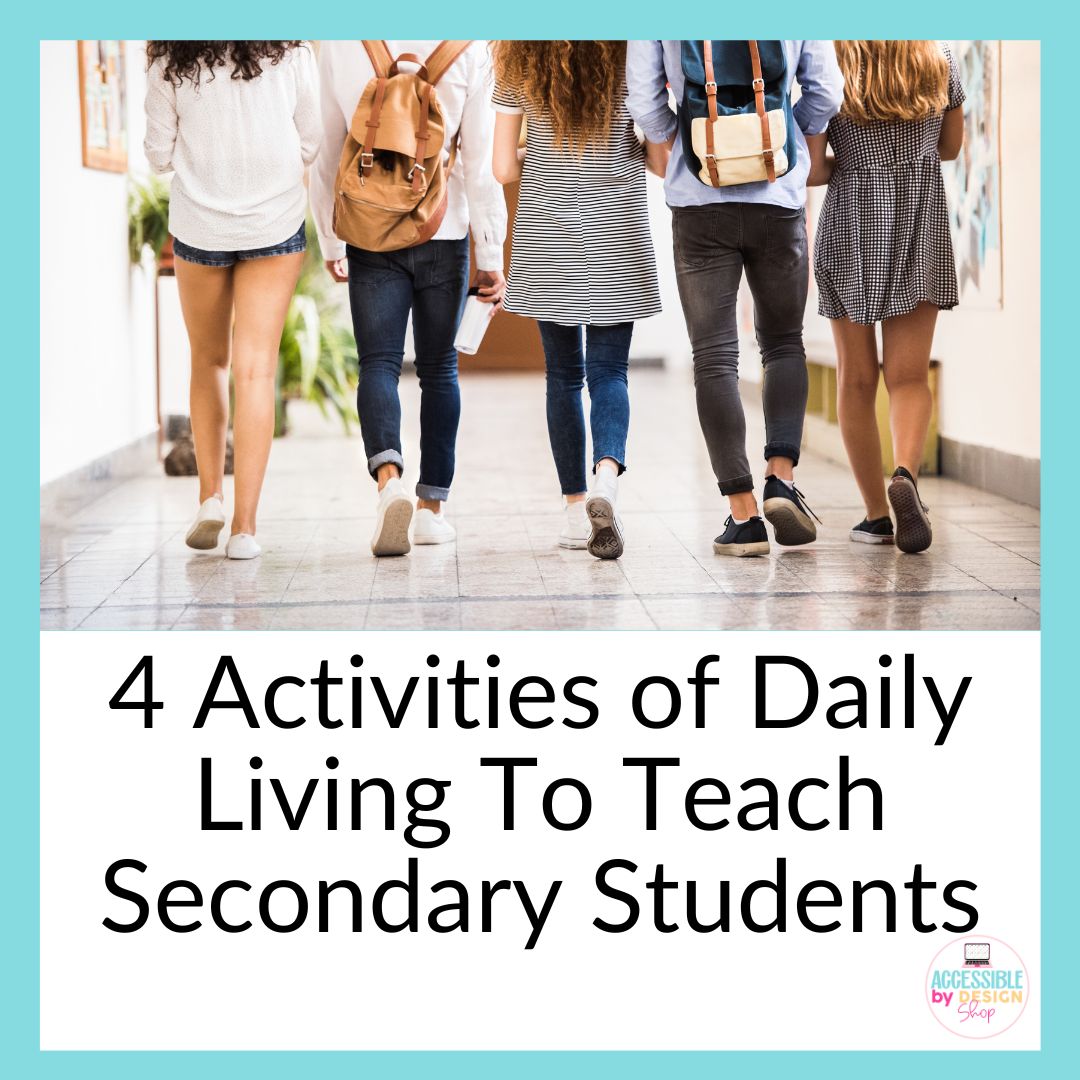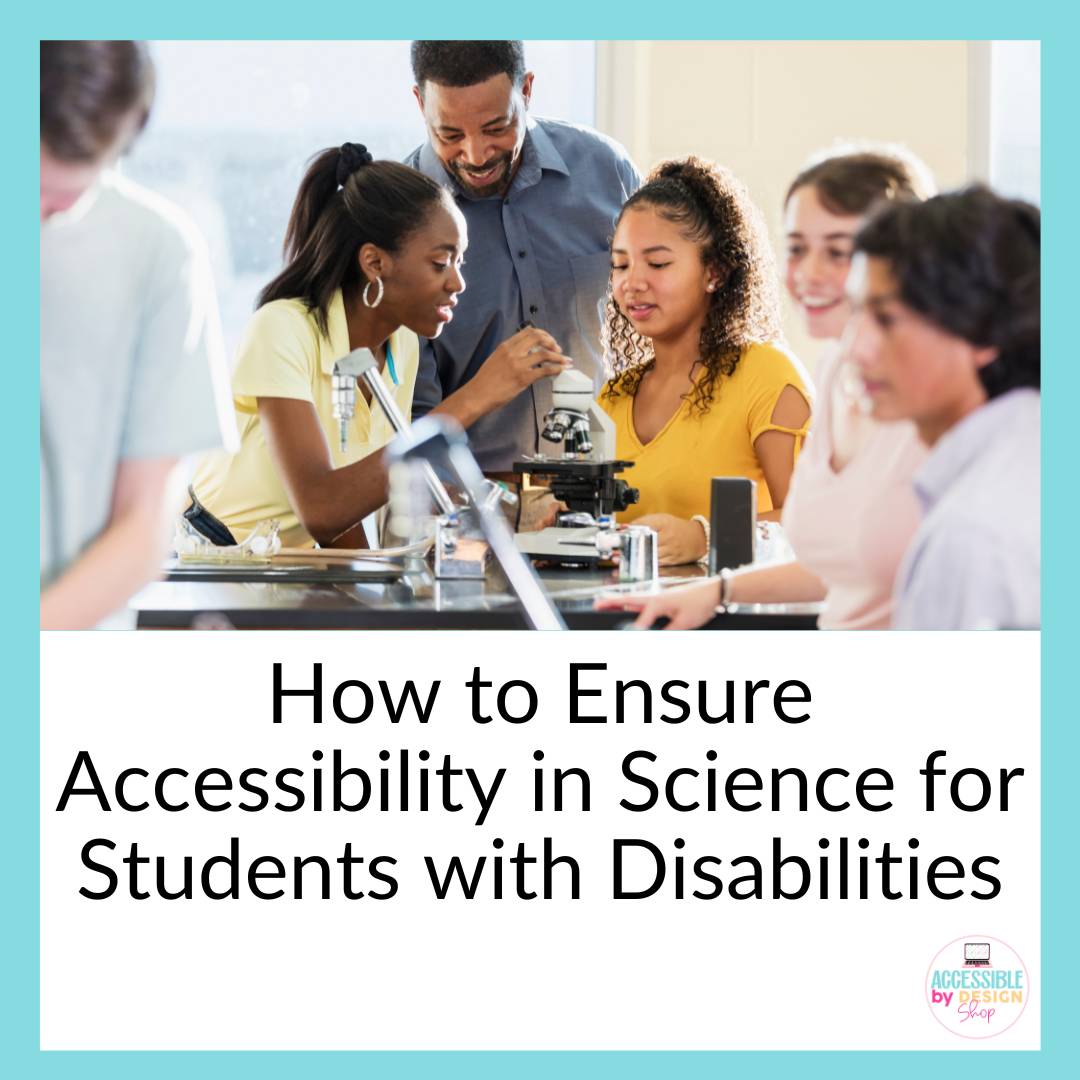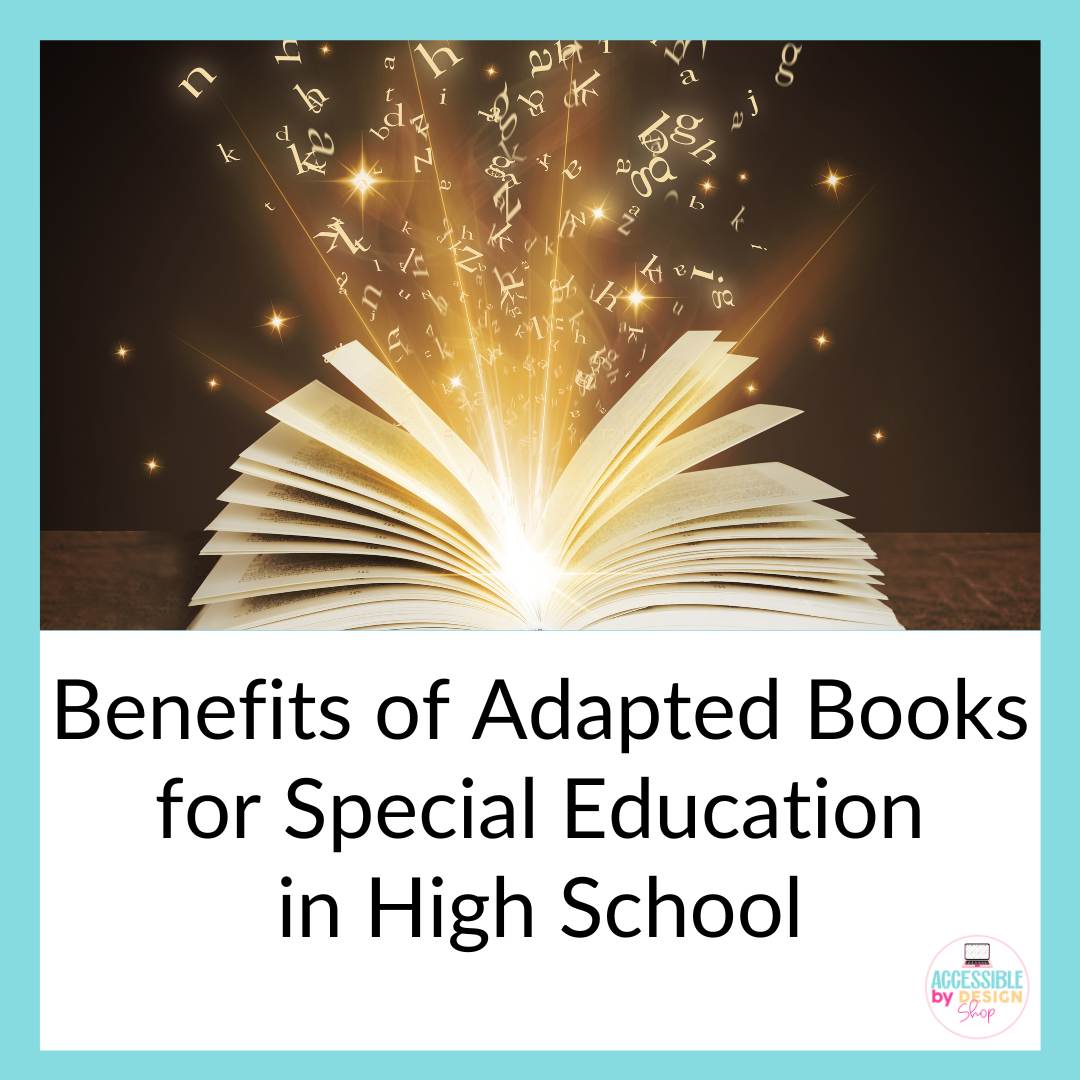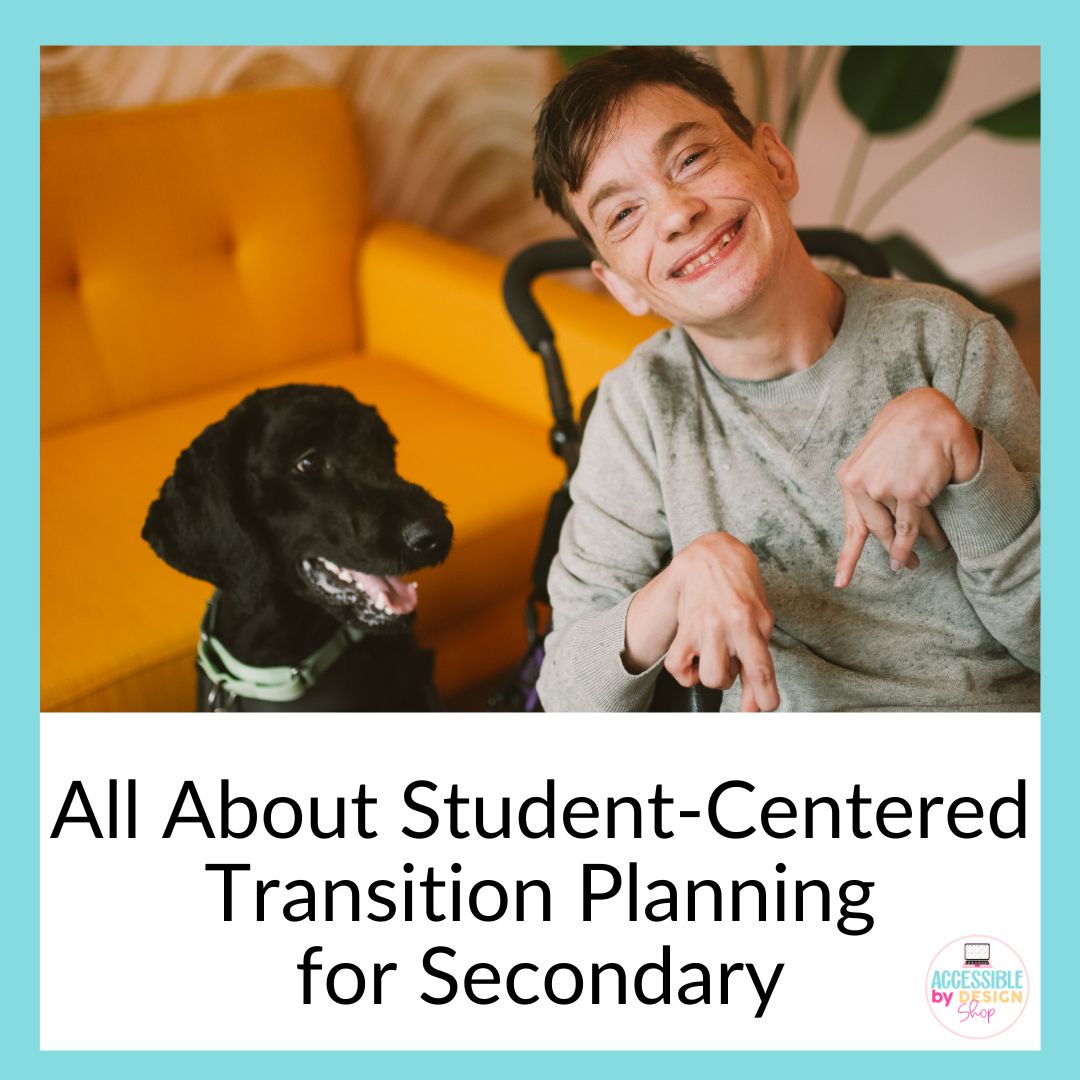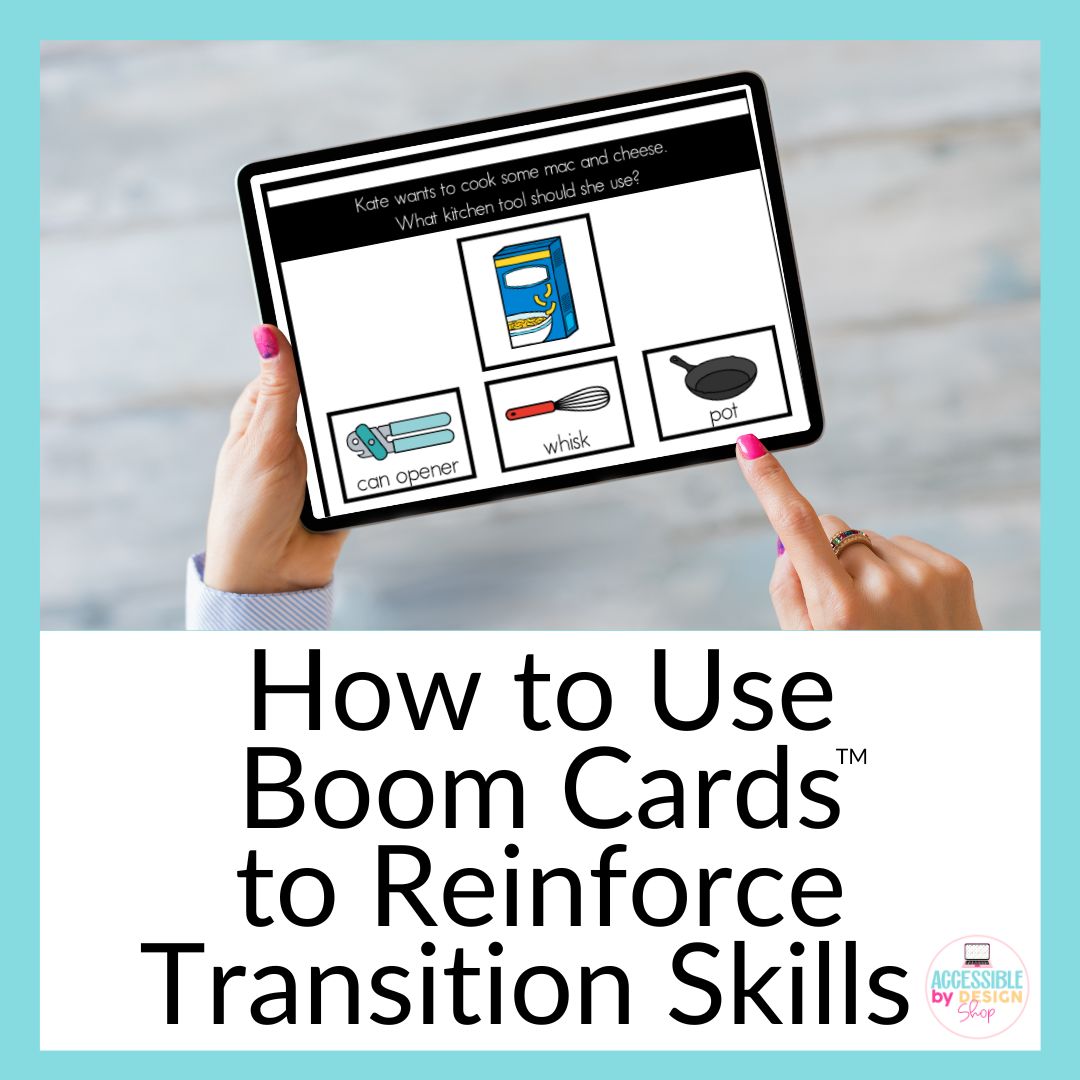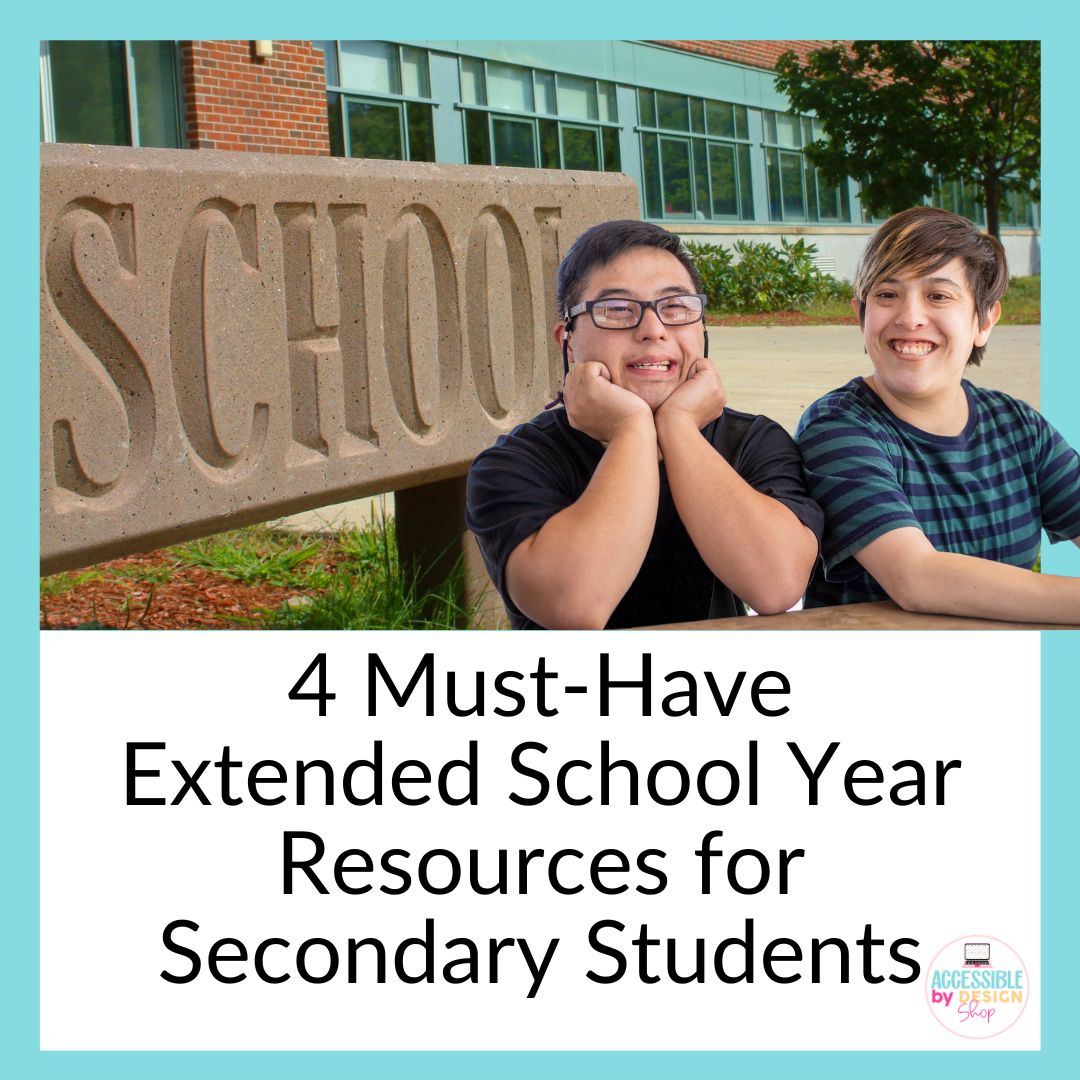How to Use Job Listings to Increase Career Readiness
In today’s job market, individuals with disabilities face unique challenges when seeking employment opportunities. Sure we’d like to change the world to help dismantle the barriers our students will face once they’re out of school but as that struggle continues we have the opportunity to help in the here and now through functional reading activities using job listings!
Special education teachers can equip students with disabilities with essential skills to help with these challenges including best practices for reading and understanding job listings in order to navigate the job market with confidence.
Keep reading for tips about how to read job listings along the benefits that can positively and significantly impact your students’ journey toward meaningful employment.

Benefits of Reading & Understanding Job Listings
Using functional reading activities all about job listings is an ideal way to boost your job readiness lesson plans.
Increasing Independence
When students with disabilities practice how to read job listings it provides increased independence. By developing the ability to comprehend job descriptions, requirements, and application processes, students can take an active role in their job search.
One way to start with this practice is to use this job listing functional reading resource that features more than 20 different spring job ads. Students read the postings focused on vocational skills to answer comprehension questions about the information in the job descriptions. The questions are differentiated so students can answer using multiple choice or open response.
Repeating such activities means students will gain the confidence to explore various opportunities independently, rather than relying solely on others to guide them.

Enhancing Decision-Making Skills
Another bonus to the job listing functional reading resource is that it includes 20 different job ads to review. And that’s what’s needed to help students with disabilities; the repeated practice will increase their familiarity with job listings. With this familiarity, they can make informed decisions about their career paths.
One area to focus a lesson is on qualifications and responsibilities that are outlined in job listings.
- What skills or education do I need for the job?
- What are the responsibilities or duties I will complete in the job?
These two elements mean that students can identify areas where they excel in terms of their own skills, interests, and abilities and then pursue suitable employment options. It also means that students can see where they might further expand their skill set for jobs they want.
Promoting Self-Advocacy
The process of reading and understanding job listings fosters self-advocacy skills among students with disabilities.
Another area of focus for a lesson is to review the requirements and expectations in job descriptions. One idea is to look at hard skills and soft skills.
- Hard skills are those that are quantifiable and tied to specific training or experience such as how to use a particular computer program or machine.
- Soft skills are more about personal attributes such as time management, leadership, or listening skills. These can also be tied to specific training or experiences but are not as easy to quantify.
With an examination of requirements and expectations, students will learn to identify reasonable accommodations they may require in the workplace.
This ability to articulate their needs effectively can help ensure a more inclusive and accommodating work environment, setting the stage for long-term success.

Building Transferable Skills
Studying job listings allows students with disabilities to develop a range of transferable skills too.
As they analyze job requirements, they learn to identify their own skill gaps and areas for improvement.
This self-reflection enables them to target specific areas of growth and take proactive steps to enhance their skill set.
What’s more is that exploring different job listings means exposure to a wide array of skills valued in the job market. This can also prepare students for future employment.
Encouraging Goal Setting
Goal setting is something teachers are always trying to include in meaningful ways in class. And reading job listings is another chance to do this since it encourages students to set realistic goals and work towards achieving them.
As students with disabilities explore various job opportunities, they learn more about qualifications and experiences required for jobs they’ll want in the future. And this insight can help them to establish short-term and long-term goals that will guide their educational and professional development choices.
This information can also be used in transition planning for student with disabilities as they prepare to move from high school. Check out this post all about student-centered transition planning.
Expanding Networking Opportunities
Finally, another bonus and benefit to studying job listings is that it expands students’ knowledge of potential employers.
Since job listings often include information about companies, industries, and professional networks, by practicing how to read these listings, students with disabilities will expand their knowledge about potential employers. This means that they’re developing a professional network.
Another activity idea is to create a personal database of professional contacts. Students can make a list of employers they learn about through job listings and add to that list connections to companies gained through close friends and family.
It’s an important reminder that networking plays a vital role in the job search process. Who you know can often open the door to hidden job opportunities and provide valuable connections that lead to internships, mentorships, or future employment.
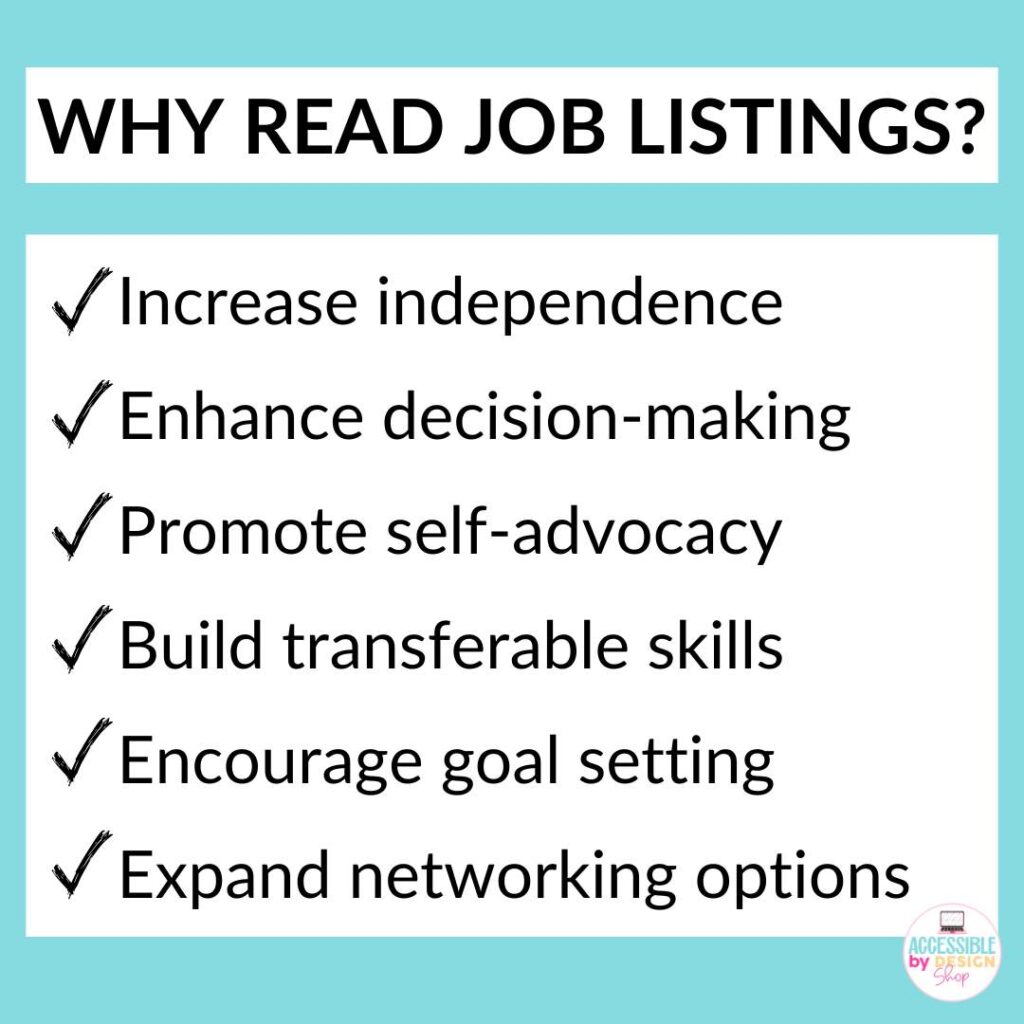
Final Takeaway
Practicing how to read job listings is a valuable skill for students with disabilities. Resources like these job listings functional reading activities help with current skills development and empowers students to take charge of their careers paths.
As educators, mentors, and employers, let us support and equip students with disabilities to navigate the job market with confidence, ensuring inclusivity and equal opportunities for all.

